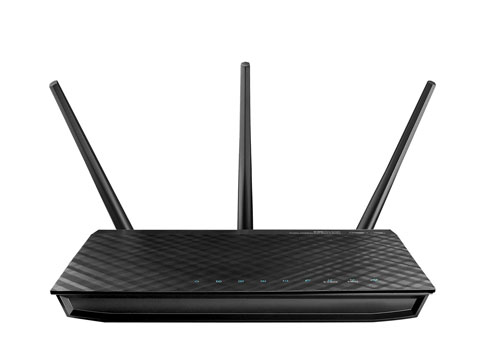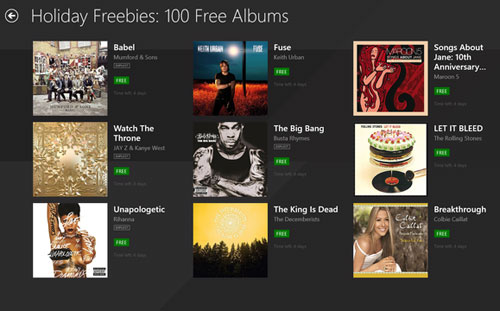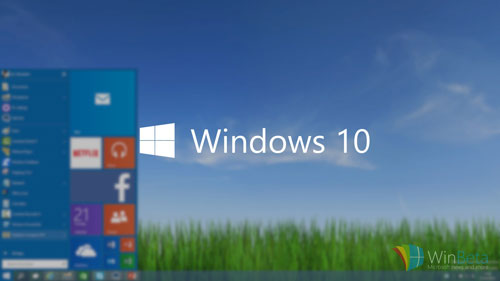Antivirus is dead.
So sayeth Brian Dye, Symantec’s senior vice president for information security, in a weekend interview with The Wall Street Journal. The words sound shocking—Symantec and its Norton antivirus suite have been at the forefront of PC security for years and years. But don’t let the stark claim fool you: Norton isn’t being retired, and Dye’s words merely reflect the new reality in computing protection.
While detecting and protecting against malicious software installed on your computer still plays a very vital role, many of the sophisticated attacks of today still manage to penetrate PCs with antivirus programs installed. In fact, Dye told WSJ that he estimates traditional antivirus detects a mere 45 percent of all attacks. That’s not good.
Making matters more difficult—and driving the point home even further—security provider FireEye says that 82 percent of all malware it detects stays active for a mere hour, and 70 percent of all threats only surface once, as malware authors rapidly change their software to skirt detection from traditional antivirus solutions. “The function signature-based AV serves has become more akin to ghost hunting than threat detection and prevention,” the firm says, though it should be noted that FireEye sells active defense IT security services.
Read: Security Showdown 2014: 10 suites compared
To combat new threats, Norton and other security software companies are rolling out new offerings designed to shut down specific attack avenues, such as tools that protect against spam and phishing attempts, malicious websites, and social media shenanigans. Security companies have also begun dabbling in supplemental software like password managers, mobile VPN apps, and secure cloud storage services—none of which fall under the classic “antivirus” banner.
In other words, antivirus isn’t quite dead, despite the bold words of Symantec’s VP—it’s still important to have AV protecting your PC. Only now, antivirus is just one of many tools needed to keep your computer safe against increasingly savvy attackers. If you want more information about how to stay safe in today’s AV-dodging age, check out PCWorld’s guides to building the ultimate free security suite and how to protect yourself against the web’s most dangerous security traps.
Source: www.pcworld.com









